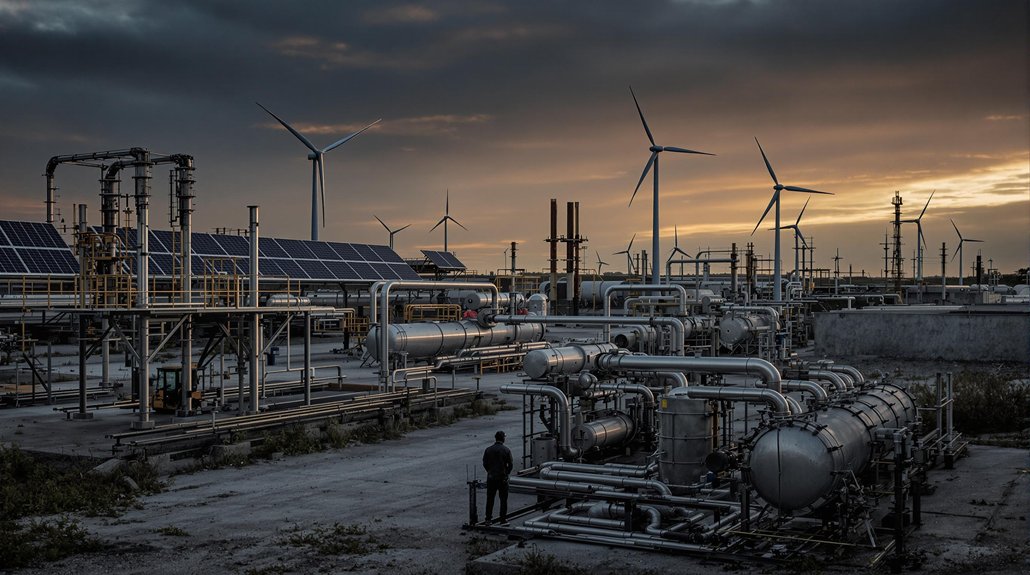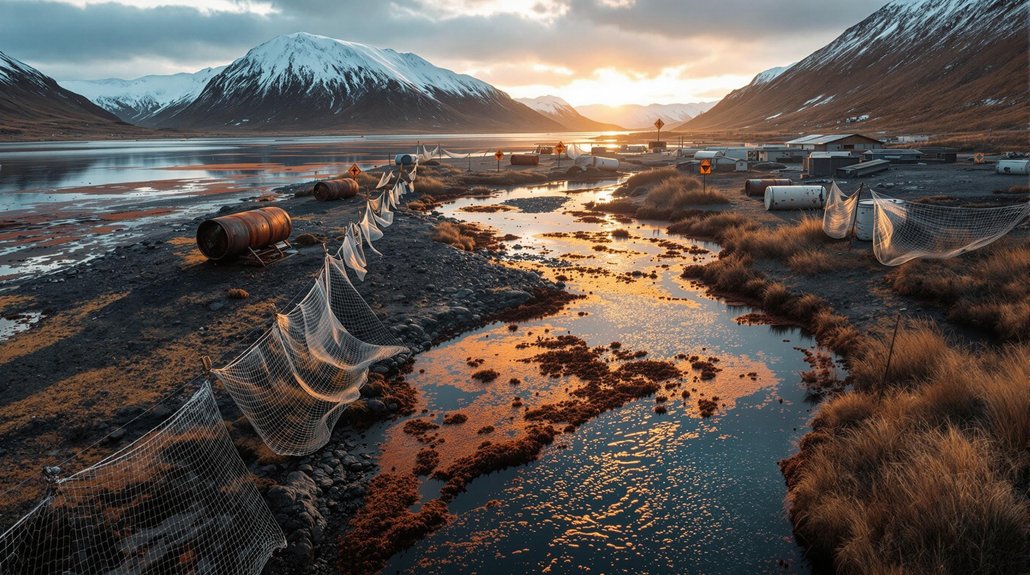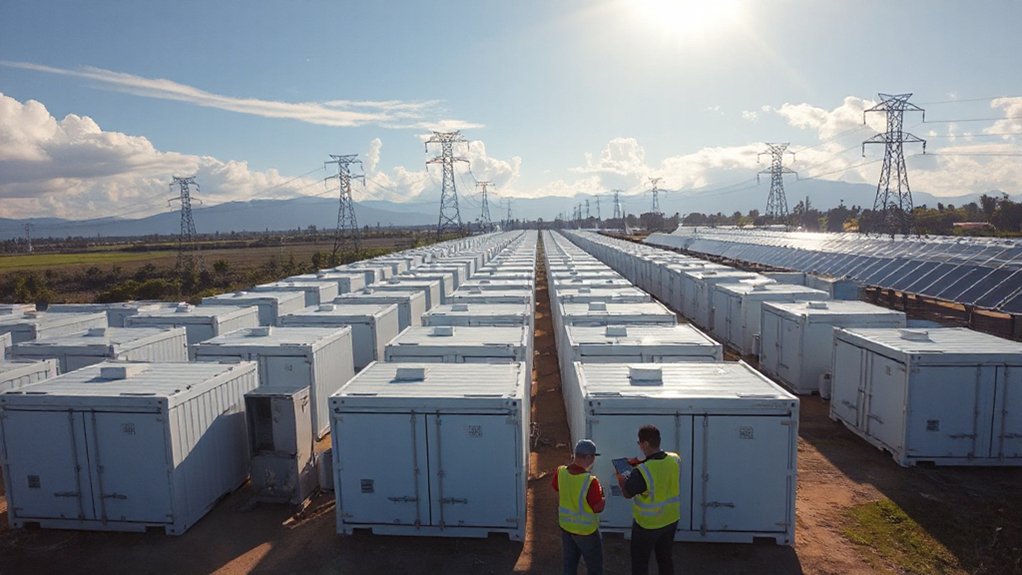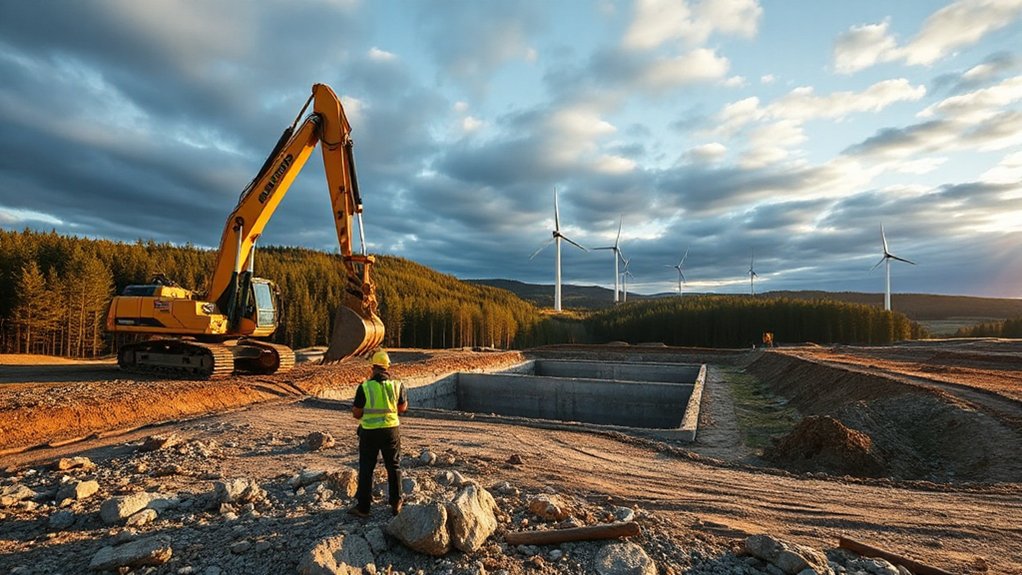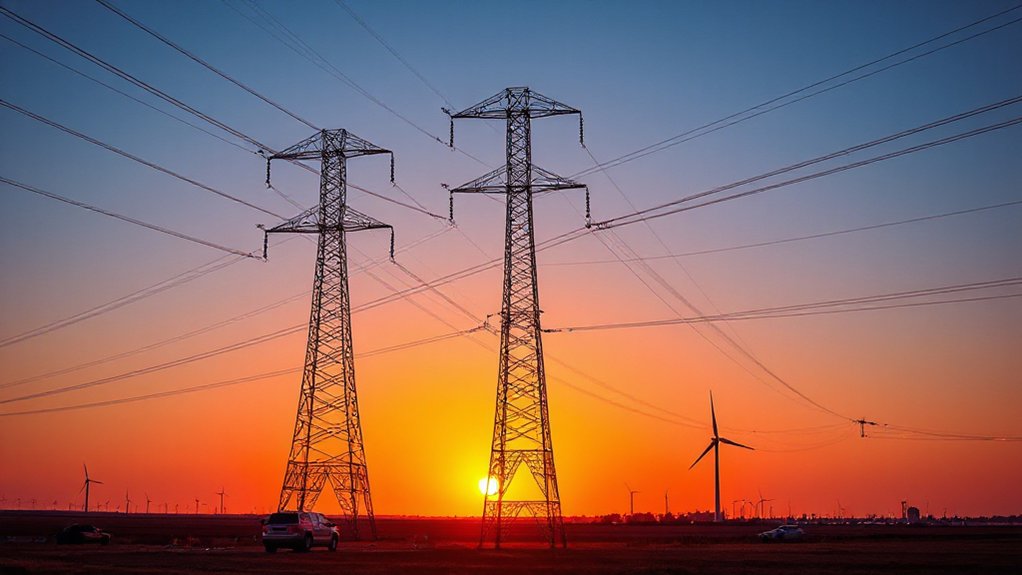After years of persistent effort, environmental activists have secured a major victory against hydraulic fracturing in the Delaware River Basin. The Delaware River Basin Commission (DRBC) voted to permanently ban fracking in February 2021, following a moratorium that began in 2010.
Organizations like the Sierra Club and Clean Air Council led this fight with support from local residents across basin states. Their campaigns included letter-writing, rallies, and educational events to highlight fracking’s dangers. These groups are now preparing to defend the ban against potential federal challenges.
Grassroots activism forced the fracking ban, with residents and environmental groups uniting to protect their water and future.
The Delaware River Basin provides drinking water to over 15 million people. Governors who supported the ban pointed to “significant risks to water resources” as their primary concern. Environmental advocates argue it’s better to prevent pollution than try to clean it up later. The ban covers a 13,539-square-mile basin that serves as critical habitat for diverse wildlife species.
“We won’t back down if the federal government tries to overturn our protection,” said one activist. Groups are creating legal defenses and public campaigns to maintain the ban. They’re working with national organizations to monitor any policy threats.
Health concerns drove much of the opposition to fracking. Studies link the practice to contaminated water wells, with chemicals migrating into groundwater. The continued use of fossil fuels contributes significantly to greenhouse gas emissions that accelerate climate change. Wastewater spills can introduce radioactive materials into water supplies. Air pollution from fracking sites has been connected to respiratory problems and other health issues.
Past incidents heightened concerns. An 8,000-gallon pipeline spill in Upper Uwchlan Township showed the real risks to water quality. Pennsylvania has fined energy companies $15.9 million for spills between 2017 and 2021.
The ban limits access to the Marcellus Shale, a major natural gas source in the U.S. Energy companies must now reconsider their operational plans in the region. Republican lawmakers have filed a lawsuit challenging DRBC’s authority to implement the ban, with a federal court hearing scheduled for fall. Many see the DRBC’s action as a model that other regions might follow to protect their water resources.
Environmental groups frame the fight as protecting basic rights to clean water and a stable climate. They emphasize that the DRBC decision sets an important precedent for environmental protection nationwide.
References
- https://www.ecowatch.com/fracking-ban-delaware-river-basin-2650813864.html
- https://www.pennfuture.org/News-Fracking-ban-in-Delaware-River-Basin-is-a-historic-win-but-its-time-to-look-downstream
- https://cleanair.org/drbc-fracking-ban/
- https://www.witf.org/2021/02/25/delaware-river-basin-commission-votes-to-ban-fracking-in-the-watershed/
- https://e360.yale.edu/digest/regulators-ban-fracking-permanently-in-the-four-state-delaware-river-watershed

